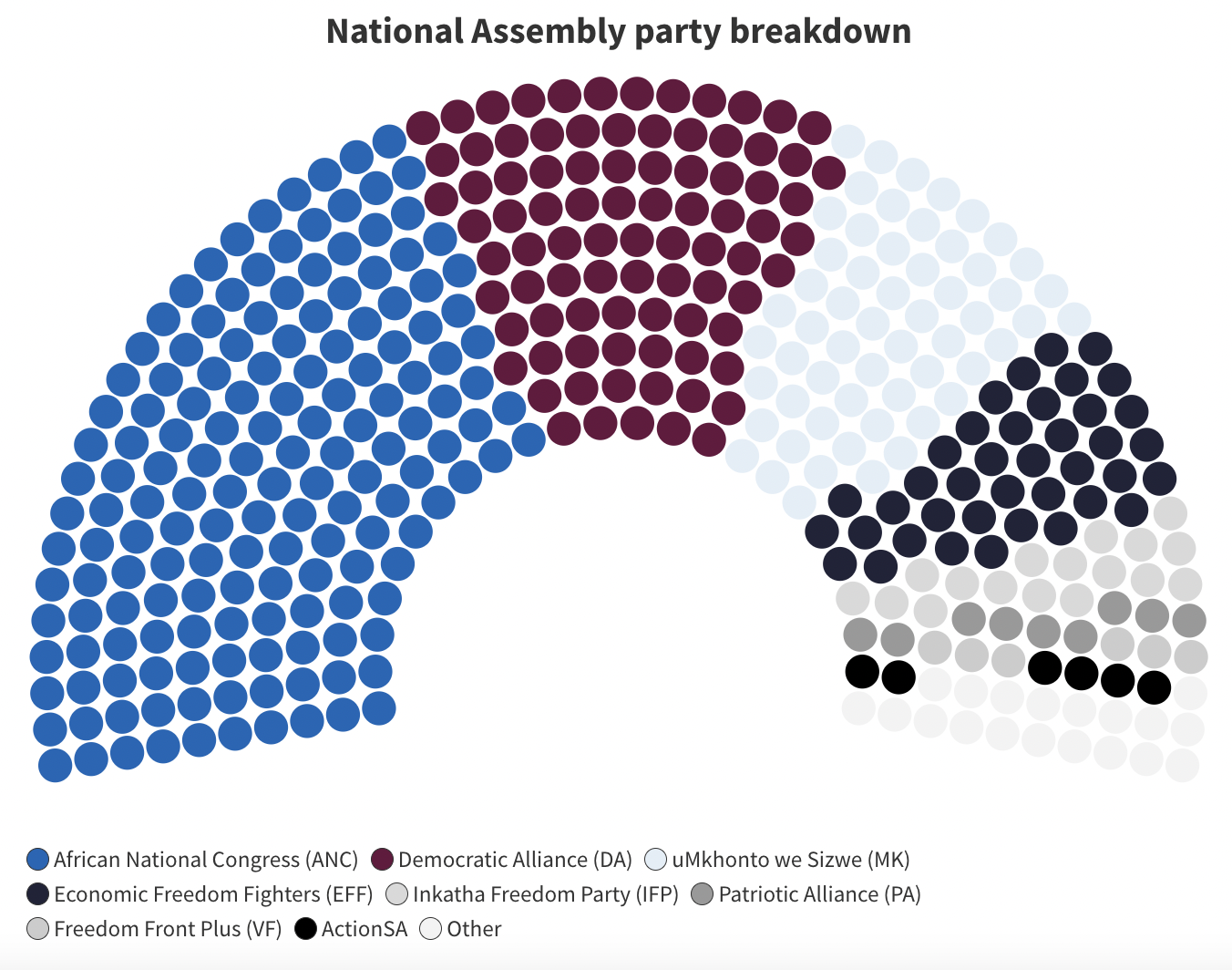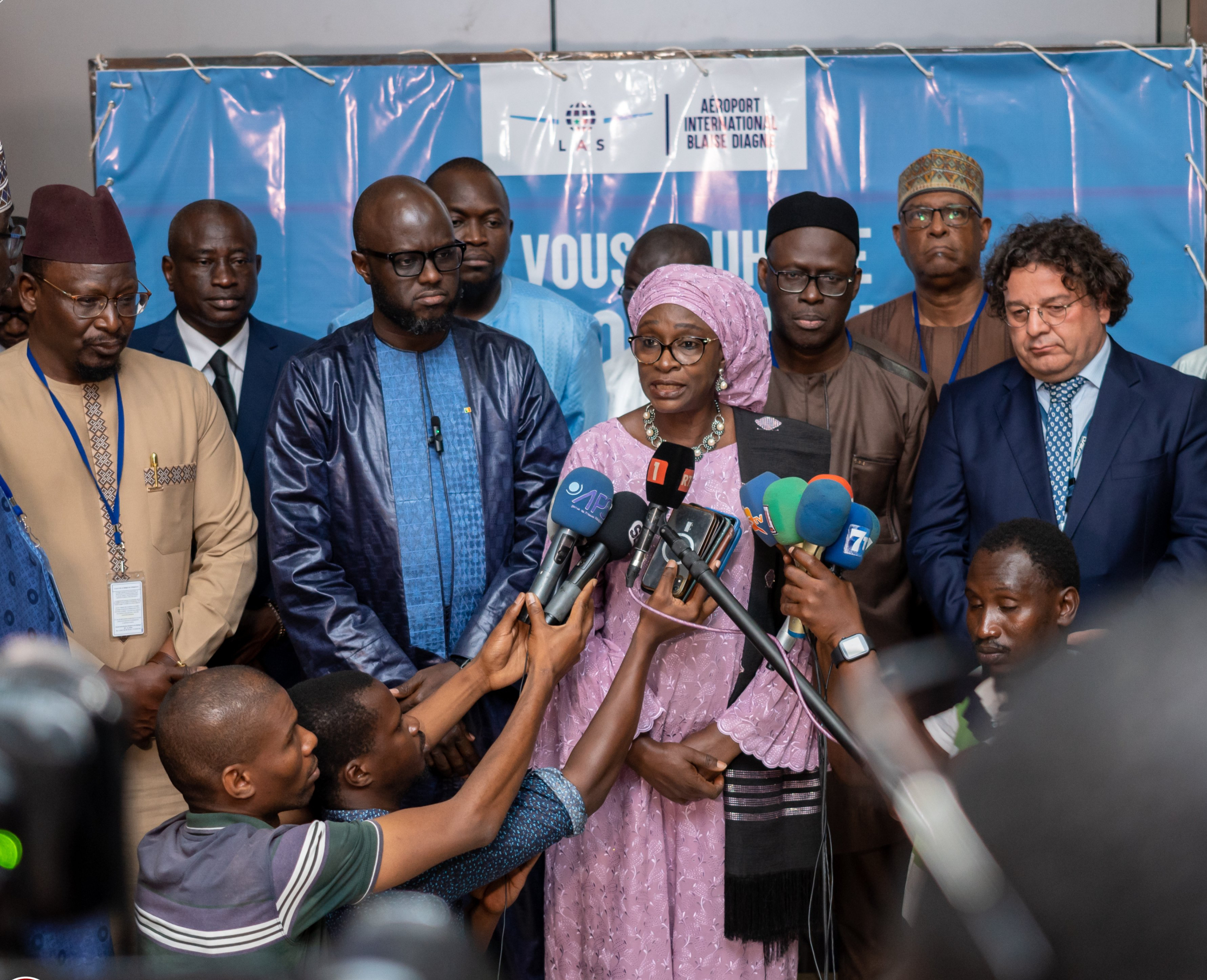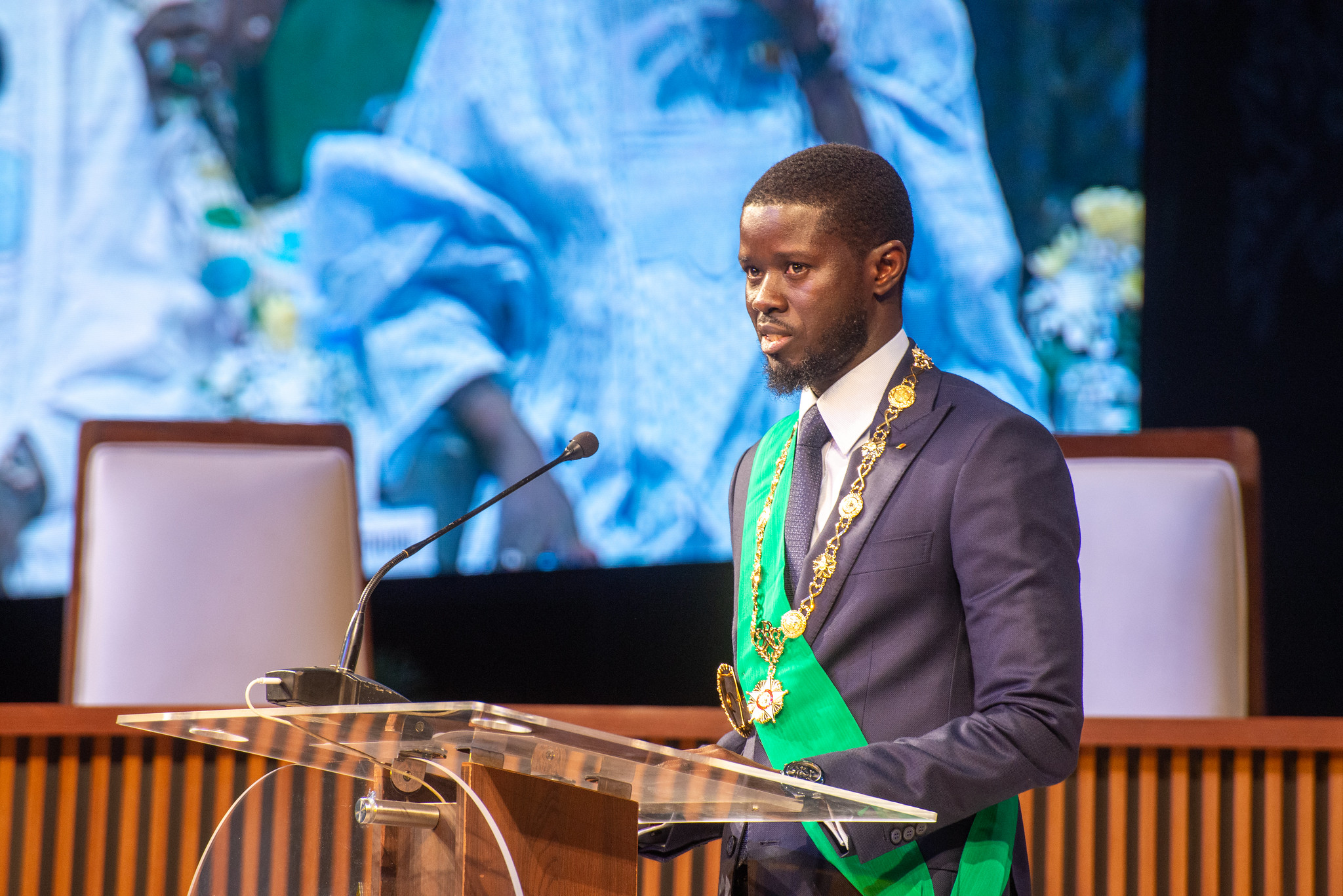South Africa has passed a major milestone, with its Government of National Unity (GNU) completing 100 days in office. The intervening period was marked by teething problems, growing pains and sleepless nights – overshadowing the initial joy at reaching a power-sharing agreement.
The process was far from straight-forward. The ruling African National Congress (ANC) failed to secure a majority at general elections on 29 May, necessitating the formation of a coalition government. The ANC and its hitherto political opponents engaged in protracted negotiations over the cabinet formation, competing for key ministerial positions behind closed doors, and precipitating very public mudslinging when those who lost out leaked details to the press.
Happy families
A GNU differs from a traditional coalition in that every party represented in the legislature is invited to join, rather than a select few deciding to cooperate in order to win an election or form a parliamentary majority. This model provides for the broadest possible representation of interests and views in government. Eventually, a new executive was announced by President Cyril Ramaphosa on 30 June, with seven parties represented at ministerial level.
While Ramaphosa had pledged to reduce the size of his cabinet on the election campaign trail, the formation of a GNU led it to grow from 30 to 32 members. Beyond the cabinet, there are 43 deputy ministers, up from 36 previously. The expansion of the executive branch was a natural result of the GNU, with Ramaphosa needing to appease various political parties with positions, leading certain portfolios to be divided.
However, the ANC ultimately maintained control of ministries in the economic cluster such as Finance and Trade, both of which are key to macroeconomic governance. The ANC’s continued grip on these select portfolios also prevents its rival-turned-partner, the Democratic Alliance (DA), from interfering with longstanding ANC policies, such as Broad-Based Black Economic Empowerment.
For Ramaphosa, working with the centre-right DA was preferable to forging an alliance with the radical leftist uMkhonto we Sizwe (MK) party and Economic Freedom Fighters (EFF), both of which were formed as a result of schisms from the ANC. This prospect would have petrified investors in South Africa and precluded collaboration with the more pragmatic DA.

Positive progress
After weeks of uncertainty, news of the GNU formation sent the South African Rand and the Johannesburg Stock Exchange rallying as investors welcomed the prospect of stability, buoyed by the peaceful transition of power and the choice of a business-friendly coalition partner in the DA. Indeed, one of the key achievements of the GNU’s first 100 days is the maintenance of economic stability and improved investor confidence: the currency is at its most stable in nine years, and post-election foreign ownership of government securities is on the up, with inflows expected to be the largest since 2019.
The new government has also managed to keep the lights on for nearly 200 days now, including the first winter in five years with no rolling blackouts. This improved performance in the country’s energy provision can be attributed to two factors: reduced demand, likely due to consumers having shifted to supplementary power sources such as solar, and improved performance of existing coal power plants. Electricity and Energy Minister Kgosientso Ramokgopa has been instrumental in turning around the fortunes of the ailing state-owned utility company Eskom, continuing the reform momentum he initiated after his original appointment in March 2023. A break from load-shedding has also provided political cover for the GNU to progress with plans to divide Eskom into separate generation, transmission and distribution units, providing scope for private investment in creaky infrastructure.
Several new entrants to cabinet have also hit the ground running. The Minister of Home Affairs, for example – a position occupied by the DA’s Leon Schreiber – has made several strides towards addressing some of the many issues facing the beleaguered department. These steps include clearing the backlog of identity documents, visas and permits through the provision of additional staffing, reporting and training; and expediting the work permit application process for Zimbabwe Exemption Permit (ZEP) holders through a technical directive addressing the cause of a bottleneck. These are quick wins, but indicative of the grit required to address deeper seated issues such as corruption and inefficiencies, and implement long-term transformative initiatives, including the full digitalisation of services.
Not-so-smooth-sailing
However, tensions have surfaced within the GNU, particularly around the Basic Education Laws Amendment (BELA) Bill, signed into law in September 2024. BELA includes reforms on school admissions, language of instruction policies, and homeschooling, but has faced strong criticism from the DA over the increased power it gives the government to control schools’ admissions and language policies. They argue that the proposals threaten the constitutional right to mother-tongue education, notably Afrikaans, and have threatened to challenge the legislation in court.
While President Ramaphosa delayed the implementation of the two controversial clauses in question for three months in order to find a compromise, DA has warned it will continue to oppose the law if no agreement is reached. A similar such pattern is visible with the National Health Insurance (NHI) Bill, signed by Ramaphosa just prior to the elections; although the DA appears to have softened its stance somewhat, emphasising the importance of dialogue rather than litigation to resolve concerns.
However, such collaboration and consensus building has yet to percolate to subnational government, where opponents of President Ramaphosa are doing their best to scupper ANC collaboration with the DA. Down the road from the Union Buildings in Pretoria, the ANC led a motion of no-confidence against the DA Tshwane Mayor Cilliers Brink, resulting in his ousting. ANC spoilers also attempted but failed a similar motion in Swellendam municipality. Other parties have spied an opportunity to benefit from these divisions, with GNU member Freedom Front Plus (FF+) backing the ANC in a power struggle against the DA in certain Western Cape municipalities, prompting the collapse of coalition governments in Oudtshoorn and Langeberg.
Decapitation risks
Despite these hiccups, the formation of the GNU remains a historic moment for South Africa, marking an end to the one-party dominance that had characterised the past twenty-five years, and indicating a maturing of the country’s democracy. However, concerns around the GNU’s stability remain ever-present, particularly as the ANC electoral conference approaches in December 2027, where delegates will vote on the party leadership.
Ramaphosa is free to stand again, but there is the very real possibility of his opponents removing him from the party leadership due to his decision to form a GNU with the centre-right DA, rather than the leftist EFF and MK – which would force him to resign as president. Rampahosa could also choose to preempt this scenario entirely, by retiring three years into his second term and making room for allies within the party to contest the position.
That scenario is still a long way off, however. As it stands, the evident power struggles and at-times combative rhetoric in the GNU have thus far been overcome by pragmatism, with cabinet colleagues intent on avoiding deadlock. The new dynamic of political pluralism also affords Ramaphosa the opportunity to advance reforms he would not have been able to in his previous term, with cover now provided by the DA. In turn, the mettle of the DA will be put to the test in whether they act on their threats to litigate against elements of legislation they disagree with, or whether they ultimately back down in exchange for other political gains.
Proud to be BCorp. We are part of the global movement for an inclusive, equitable, and regenerative economic system. Learn more



